Let’s talk about something really important: mental health. You know, the aspect of health we often sweep under the rug? Well, it’s time to shine a light on it, especially when it comes to BIPOC mental health for our brothers and sisters of color and indigenous descent.
We’ve all heard the saying, “You can’t judge a book by its cover.” Well, the same goes for mental health. Just because someone looks happy on the outside, doesn’t mean they’re feeling great on the inside. And for BIPOC folks, the challenges can be even greater.
Why focus BIPOC on Mental Health?
When we focus on BIPOC mental health, we’re not just talking about different skin colors. We’re talking about a shared experience of experiencing systemic racism, discrimination, and cultural misunderstandings.
BIPOC individuals often feel like they’re walking a tightrope, always having to prove themselves, always having to be “good enough”, or “having to work twice as hard”. This constant pressure can take a toll on their mental health. It’s like having to carry a heavy weight on their shoulders, day in and day out without getting a chance to put the weight down.
If you are reading this as a white identified person, imagine trying to navigate a world that doesn’t see you as an equal, worthy, or capable.
It’s like being a puzzle piece that doesn’t quite fit, always feeling like an outsider, even in your own community. This kind of isolation can lead to feelings of loneliness, anxiety, and depression.
And let’s not forget about the economic inequality that many BIPOC folks are presented with.
It’s like trying to climb a mountain without proper gear, always struggling to make ends meet. This financial stress can add to the mental health burden, making it even harder to cope.
Are BIPOC More Likely to Be Depressed?
Depression, especially in the BIPOC community, is a touchy subject. It’s a sad fact, but it’s something we have to face as a community.
One of the reasons for this unfortunate statistic is the historical and ongoing impact of systemic racism.
BIPOC individuals have faced centuries of discrimination, oppression, and violence, which can have a profound negative impact on their mental health.
Furthermore, let’s not forget about the lack of access to resources.
It’s like trying to find a doctor in the middle of nowhere. Many BIPOC communities don’t have easy access to competent mental health professionals. So, when you’re feeling down, it can be hard to get the help you need.
What is Black Disparity in Mental Health?
Black disparity in mental health is a real thing.
The Black community has a long history of experiencing discrimination and marginalization, which can lead to a variety of mental health challenges.
Black women, in particular, face unique stressors, such as being more likely to experience domestic violence, sexual assault, and discrimination in the workplace.
These factors can contribute to higher rates of depression, anxiety, and other mental health issues.
The Importance of Community and Support
You know, it’s easy to feel alone when you’re struggling with mental health.
It’s like being lost in a fog, unable to see where you’re going. But remember, you’re not alone. There are people who care about you and want to help.
Community is everything. It’s like having a warm blanket on a cold night.
Surrounding yourself with people who understand your experiences can make a world of difference. Find a support group, connect with others online, or simply spend time with loved ones.
And don’t be afraid to seek professional help.
It’s like having a map when you’re lost. A therapist can provide guidance, tools, and support to help you navigate your mental health journey.
Remember, you deserve to feel good. You deserve to be happy. And you deserve to have the support you need to overcome your challenges.
Final Thoughts
Mental health is important, y’all.
And it’s especially important for BIPOC folks. We have to eradicate mental health stigma, seek help when we need it, and support each other.
Together, we can make a difference.
It’s crucial to address the root causes of BIPOC mental health challenges, which include systemic racism, discrimination, and inequality. By working to create a more just and equitable society, we can help to reduce the burden of mental illness on BIPOC communities.
Additionally, it’s important to continue to raise awareness about mental health issues and to encourage BIPOC individuals to seek help when they need it. There are many resources available to support BIPOC individuals with mental health challenges, including therapy, support groups, and medication.
By breaking down the stigma and providing access to care, we can help to ensure that all BIPOC individuals have the opportunity to live fulfilling and healthy lives.


